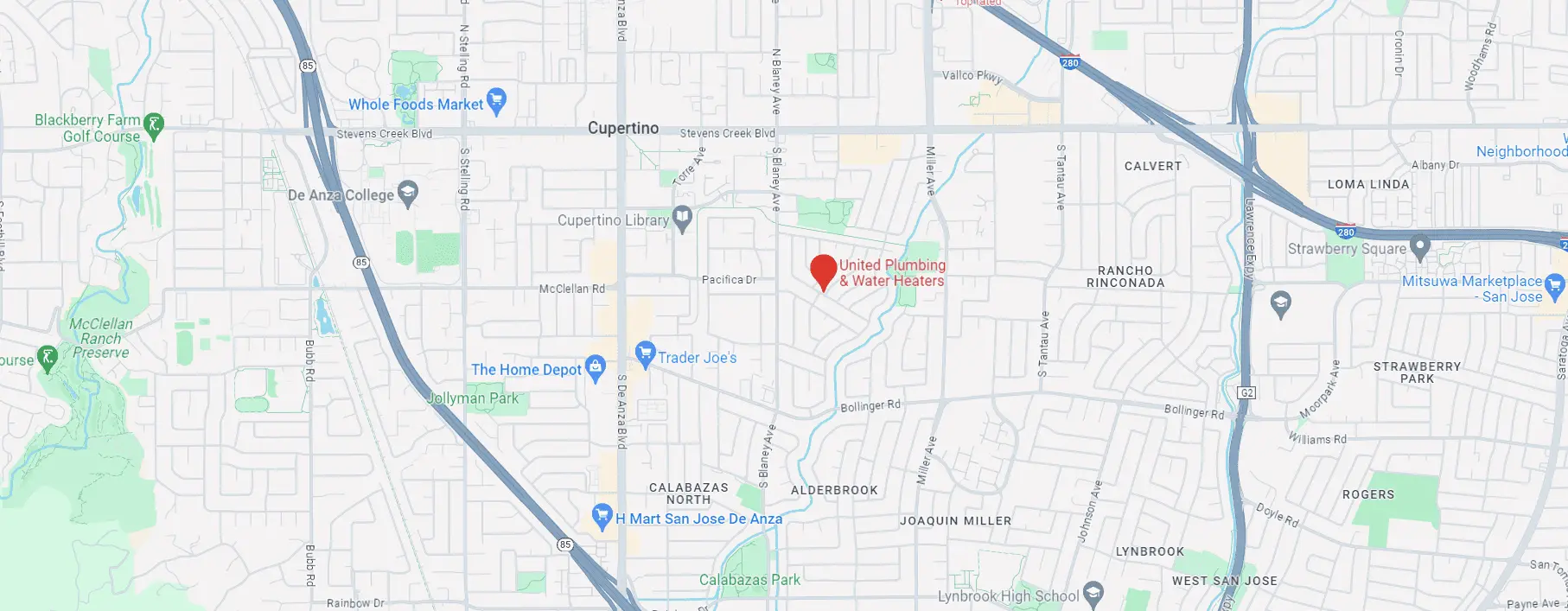How is a water heater powered?
A water heater is an incredibly important appliance in any home. So many homeowners naturally wonder what will happen if the power goes out in their house. Will the heater still work? Or does it need electricity to heat up water? In this article, we will talk about different types of water heatings units and explain how each one of them is powered.
How is a water heater powered?
There are different types of water heaters, but most of them are powered by electricity or gas. In most cases, hot water tanks powered by gas are more expensive. However, they are much cheaper to operate than electric models because gas is cheaper than electricity. At the same time, electric heaters are cheaper than gas-powered units. And while they are more expensive to operate, they are still more efficient than gas-powered appliances. This means that these models can be more sustainable.
How does a water heater work?
Most water heaters used in houses today feature tanks. These tanks are well-insulated so they can hold large amounts of hot water that maintains its temperature for a long time. When a tank starts to fill up, cold water enters it from the bottom. Then, this water is heated using a gas flame or a heating element located inside the tank. The temperature to which the water is heated is regulated by a thermostat. When someone in the household uses hot water, the water level in the tank drops, and it is refilled with cold water, then mixes with hot liquid, lowering its temperature. The tank detects this temperature drop and starts heating its contents once again.
Other types of water heaters
Hybrid water heaters
A hybrid hot water tank is equipped with an electric heat pump which is attached at the top of the unit. This heat pump captures heat from the air in the room and uses it to heat water in the tank. This makes hybrid water heaters about 60% more efficient than regular hot water tanks that run on gas or electricity.
One downside of these appliances is that they are about twice as expensive as regular units and it will likely take your family about 4 years to make up for that premium in savings on electricity.
Tankless water heaters
These water heaters don’t have a tank, just like the name suggests. Instead, these are compact devices that provide hot water on demand. So instead of collecting water in a tank, heating, and storing it, they quickly heat up water moments before it runs from the faucet. These appliances allow you to save space in your home, and they can also significantly reduce your energy bills. Plus, they are much easier to maintain than tank heaters, and they last about twice as long. Finally, tankless units provide an unlimited supply of water, so you don’t need to worry about running out before everyone has had a chance to take a shower. At the same time, they cost significantly more than regular units. Tankless units can be powered by gas or electricity.
Post views: 659

